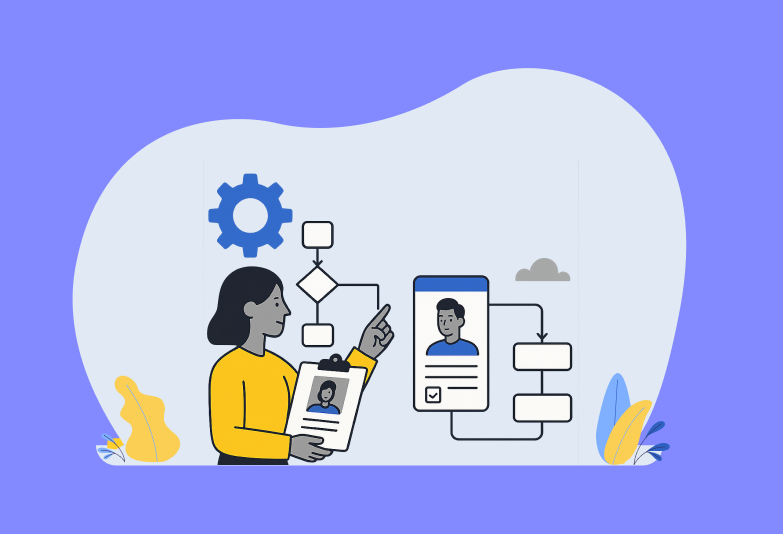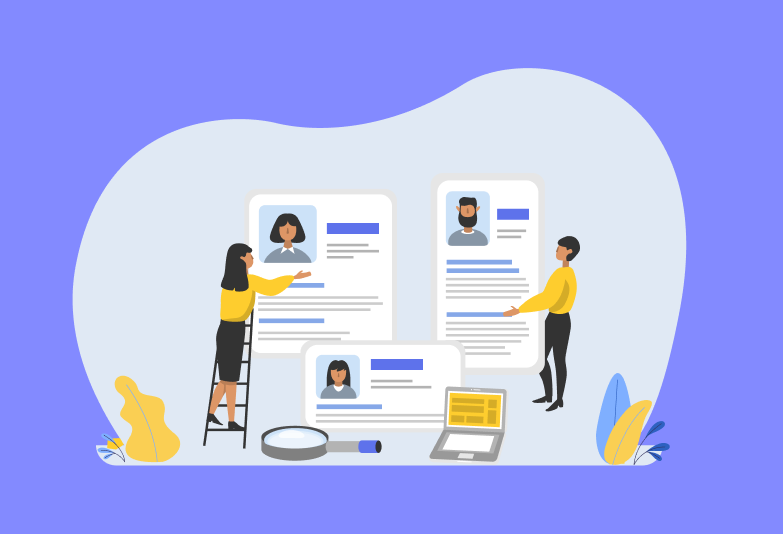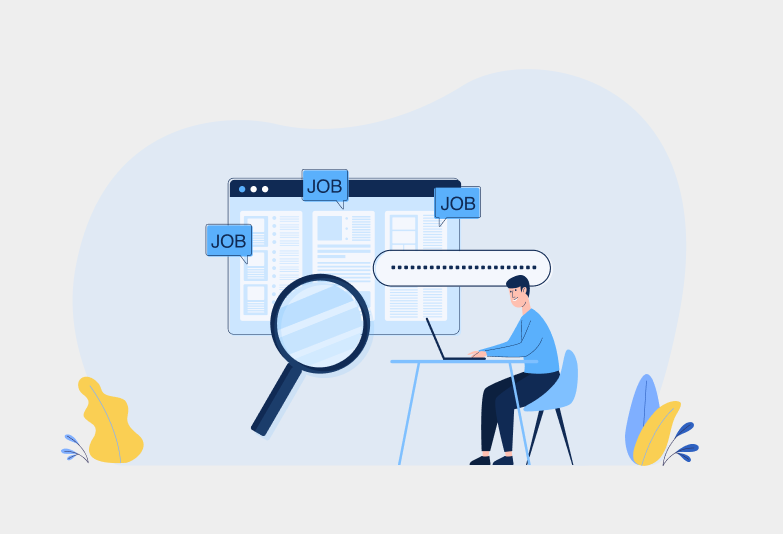Did you know that in the US, 4.5 million people work remotely? And after the COVID-19 pandemic hit, they are not just working from home, but are staying at home keeping in mind the social distancing norms. And since practicing isolation will be necessary for some time to come, employees’ mental health can be on stake.
Many employers and HR professionals are wondering how to motivate employees and keep their mental health in check because a situation like this has presented itself for the first time.
6 Tips that will help you protect mental health during remote work
Encourage Connection
When working remotely, employees could easily feel disconnected. And we know how isolation can affect mental health. So, it’s your responsibility to help employees forge connections so that they feel like a part of the team and have the assurance that they are not alone.
Here are a few things you can do to contribute to bettering your employees’ mental health:
- Create group channels using apps such as WhatsApp, Slack, or any other message chat where employees can share their ideas or some resource they came across. An interesting topic will spark conversations, making the employees feel more comfortable with their remote co-workers.
- Encourage communicating off-work. For example, ask employees to share the pictures of the food they cooked for lunch. Small efforts like these can help improve relationships.
- Set up team meetings through Zoom, Meet, Skype, or any other platform, routinely. Seeing the faces of their teammates can make the employees feel a lot more connected.
Hold Regular Check-ins
Even when working remotely, the assurance that they are on the right career track can do wonders for employees. So, to give that assurance to them, conduct monthly performance check-ins through virtual meetings. You can use this opportunity to talk to them about their challenges, goals, and growth opportunities. It will give them the confidence that you, as an employer, are interested in their growth, and that they belong somewhere.
Also, know that recognition and acknowledgment play a major role in improving mental health during remote work. So, use these performance check-ins to tell them that they are appreciated and valuable to the organization. Do not let them feel neglected or forgotten.
Help them Separate Work Life and Personal Life
Remote employees are more likely to experience burnout because it’s a little hard for them to separate work life and personal life. That’s because they can’t physically escape work. Just an email, minor edits in the document, or even a work-related phone call can have them exhausted very soon. Therefore, it’s your responsibility to make sure that they do not experience this burnout. Introduce a policy where managers can’t make work-related phone calls to their team members during their downtime. Let employees know that they do not have any commitments post working hours.
Provide Access to Mental Health Services
We know that there is still a stigma around mental health. And the first step to improving it is accepting that it’s as important as physical health. Just like you provide physical health benefits to employees, offer them mental health benefits too. You can make sure that the corporate health insurance in your organization covers mental health treatment costs. If not insurance, you can reimburse them for any mental health services they take. It is especially critical since many people avoid seeking mental health support because it is expensive.
You can also offer access to online therapy where they can talk to experts about their mental health anytime. This will help them deal with loneliness, stress, or issues related to COVID-19. All these initiatives will improve employee experience, and hence your employer brand.
Reimburse Employees for Fitness Activities
It has been proven that physical activities or exercising can relieve stress, anxiety, and boost overall mood. So, encourage your employees to start working out or partake in fitness sports by reimbursing them for the same. You might consider offering gym memberships, Fitbits, dance classes, yoga classes, etc. By doing this, you will also be able to reduce sick days and improve productivity.
Moreover, it will demonstrate that your organization is serious and concerned about its employees’ physical as well as mental health, which will also strengthen your brand reputation.
Allow Flexible Working
Reduce some pressure on your employees by offering them the flexibility of work. And the first step to doing that is shifting focus to goals achieved instead of the number of hours completed. This will give employees enough time during the week to take care of their other commitments and maintain a good work-life balance. You can also offer flexible work timings which will give employees time for other important things such as doctors’ appointments, picking kids from school, etc. You will see that they will be happier and more productive.
Make employee mental health your priority, and you will notice a significant boost in employees’ productivity and happiness, which will also benefit your organization.



